
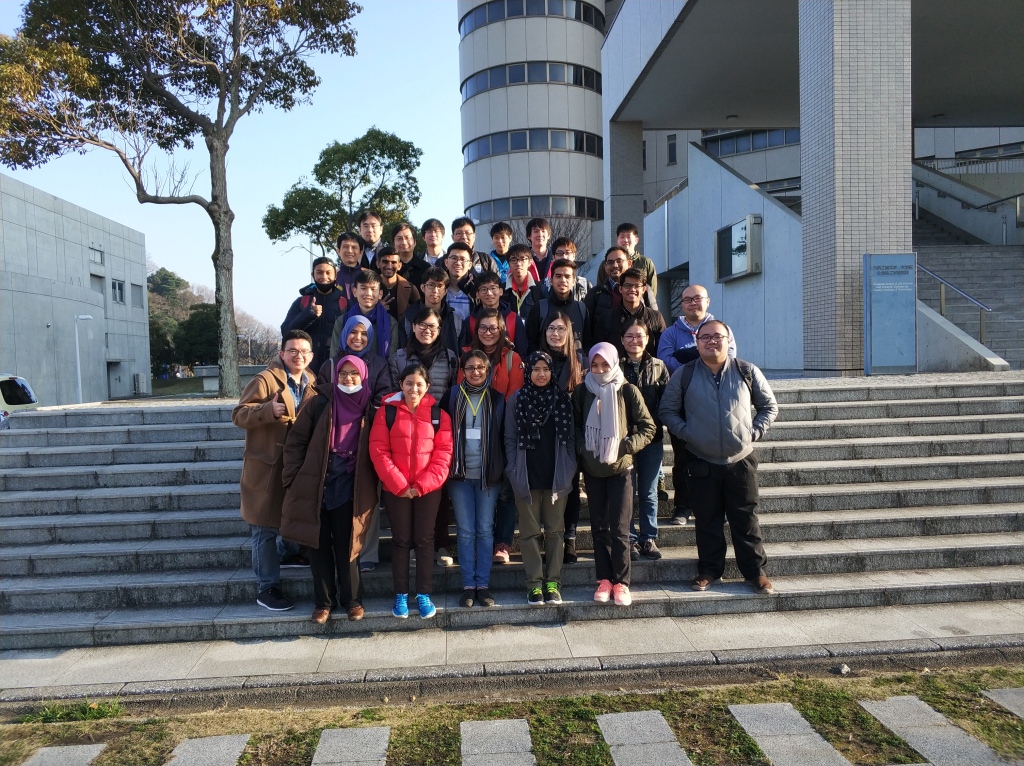
UTAR participants with other participants at the exchange programme
Participants returned feeling enlightened from participating in the “Sakura Exchange Program in Science”, held from 6 to 15 March 2018, at the Graduate School of Life Science and Systems Engineering (LSSE), Kyushu Institute of Technology (Kyutech), Kitakyushu, Japan.
The UTAR delegates consisted of five staff from the Faculty of Information and Communication Technology (FICT) and Lee Kong Chian Faculty of Engineering and Science (LKC FES), namely Teoh Shen Khang, Tan Lyk Yin, Dr Chang Jing Jing, Dr Jasmina Khaw Yen Min and Danny Ng Wee Kiat; and five undergraduate students namely, Bachelor of Computer Science (Hons) Lee Yen Long, Bachelor of Engineering (Hons) Electrical and Electronic Engineering Lim Jia Zhi, Bachelor of Engineering (Hons) Mechatronics Engineering students Lim Wen Qing and Khor Jun Bin, and Bachelor of Engineering (Hons) Mechanical Engineering Yong Cherng Liin. They were accompanied by FICT lecturer Saw Seow Hui and LKC FES lecturer Dr Kwan Ban Hoe.
In light of promoting science and technology as the key engine to materialise a bright future for Asia, the programme aimed to enhance the exchanges between the youths of Asia and Japan, who will play crucial roles in the future field of science and technology, through the collaborations of industry-academia-government. It also aimed to raise the interest of Asian youths towards the learning of Japanese science and technologies in Japanese universities, research institutions and private companies.
Under the programme, the Japan Malaysia Joint Practicum@Home Service Robot Manufacturing aimed to develop partner robots to assist human activities. Thus, the programme required the participants to choose a responsible task from image recognition, voice synthesis, simultaneous localisation and mapping (SLAM), and arm or wheel control. To complete the task, participants worked together in groups to assemble the developed components into the @home-robot and demonstrate the robot’s capabilities.
The participants were given an introduction to Robot Operating System (ROS), tutorials on Teleoperation and SLAM, and other tutorial lessons. The process of assembling the robot also saw participants constructing “Turtlebot3” robot to function as a robot for package delivery. The robot was tested on a map consisting of a starting position, a checkpoint and a destination. Each team also presented their respective posters which depict the capabilities, strength and weaknesses of the robot. Winning teams received certificates for their presentation and robot’s performance. For leisure activities, the participants visited the Kitakyushu Museum of Natural History & Human History, Wakamatsu Eco Town, Aeon Mall as well as places such as Hakata, Kokura and Mojiko.
“It was a golden opportunity for me to learn something in another country and it was a good way for me to explore a suitable topic for my upcoming Final Year Project (FYP). I have learnt a lot as compared to before participating in this programme. I did not know much about robotics, but the 10-day programme and lessons from Prof Tamuko have provided me with a deeper understanding of ROS. I am grateful to Kyutech for this opportunity and I am inspired to combine robotics technology and artificial intelligence for my FYP,” said Lee.
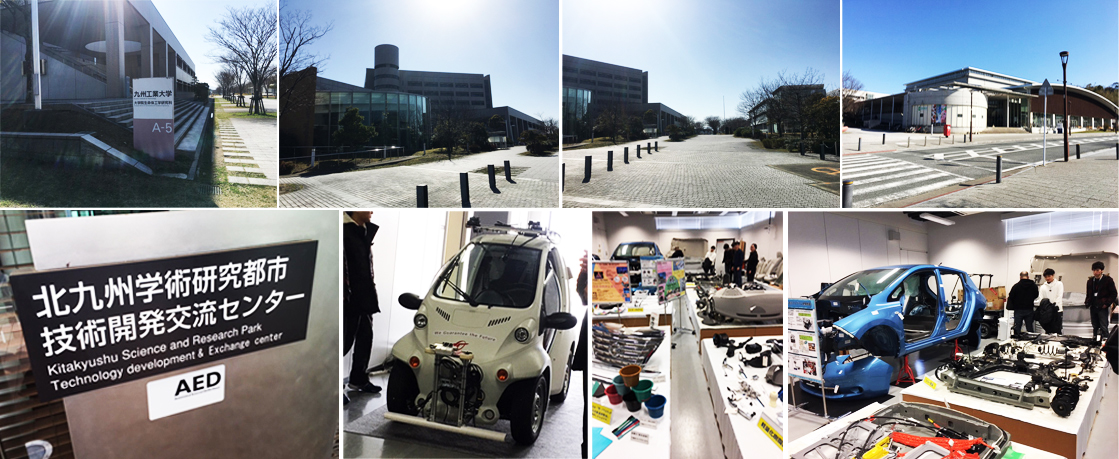
Top four photos: Outdoor of Kyutech
Bottom four photos: Indoor of Kyutech
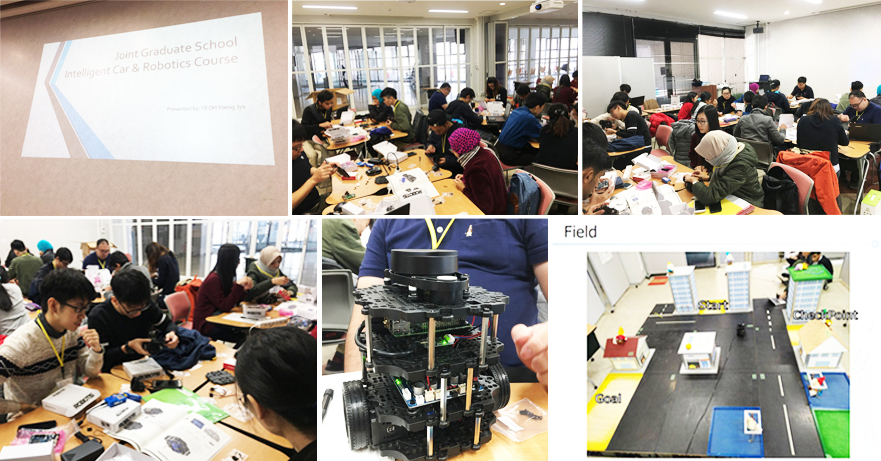
Participants constructing and testing their robots
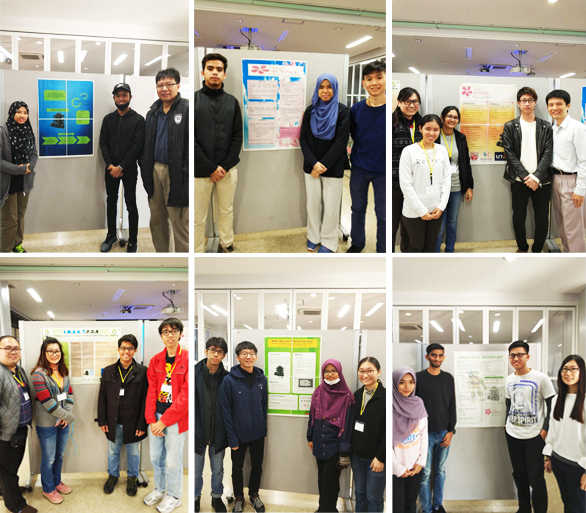
Poster presentation by the participants
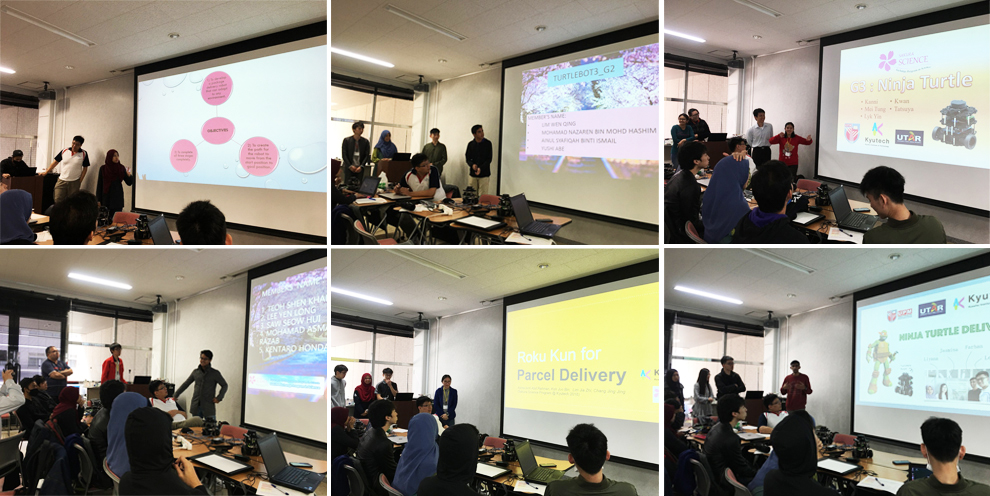
Final presentations of each team
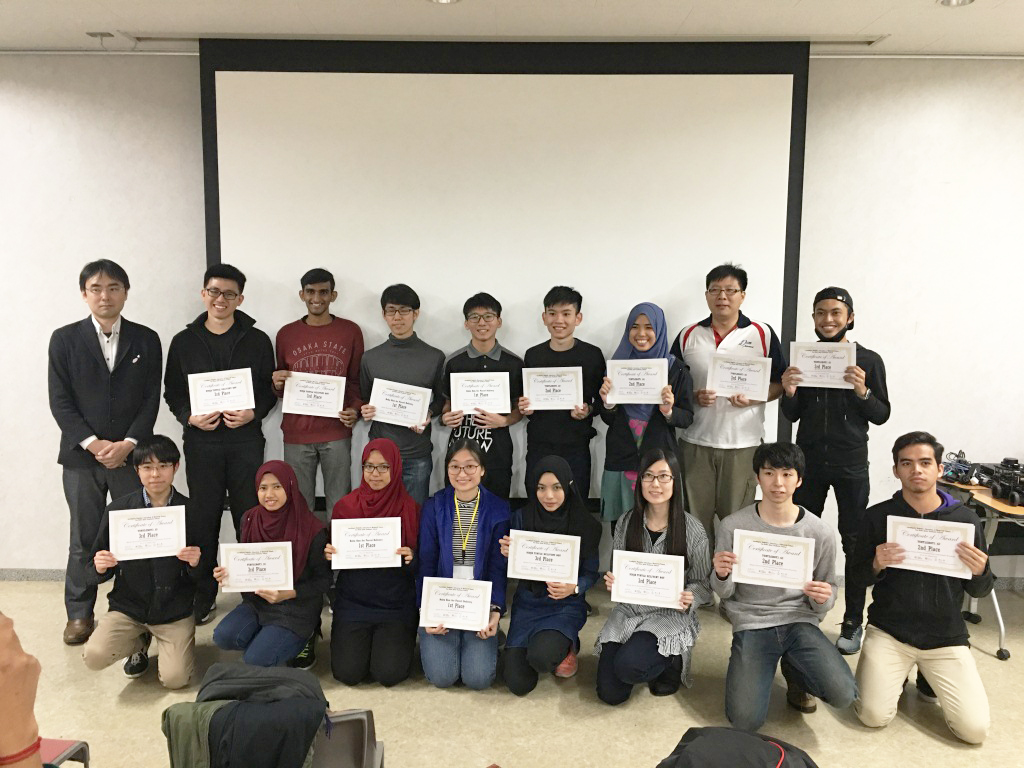
Winners posing with their certificates
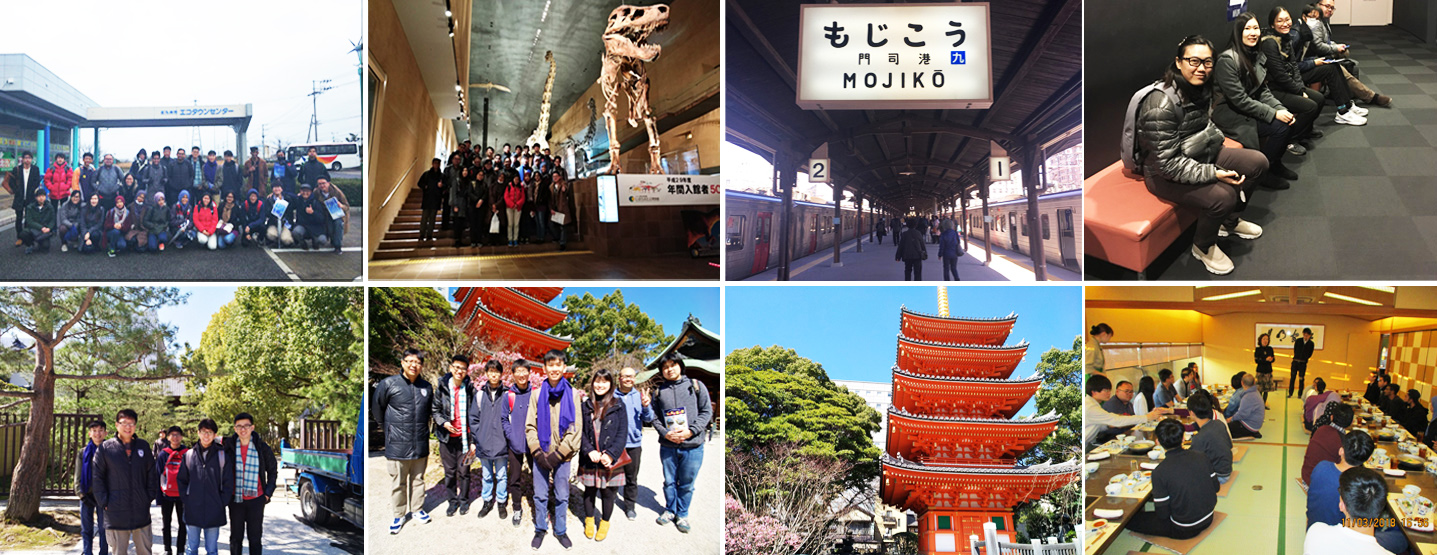
Participants enjoying their leisure activities
© 2019 UNIVERSITI TUNKU ABDUL RAHMAN DU012(A).
Wholly owned by UTAR Education Foundation Co. No. 578227-M LEGAL STATEMENT TERM OF USAGE PRIVACY NOTICE